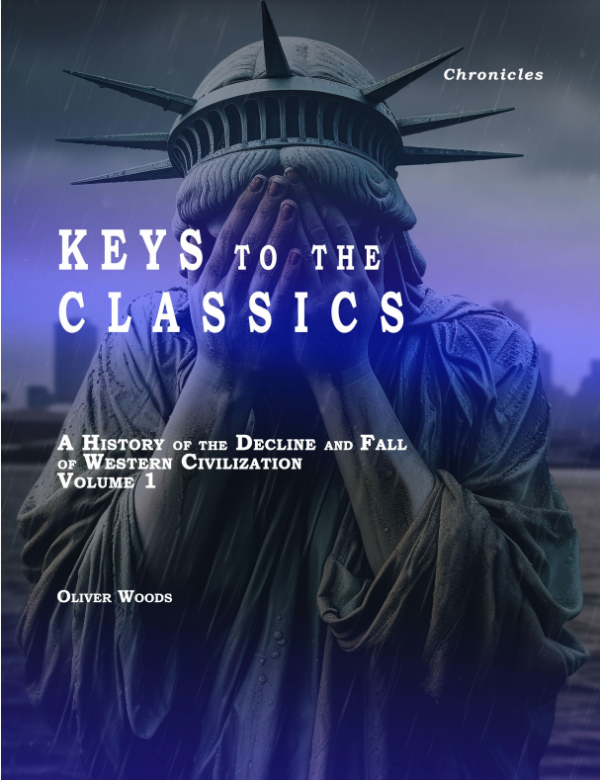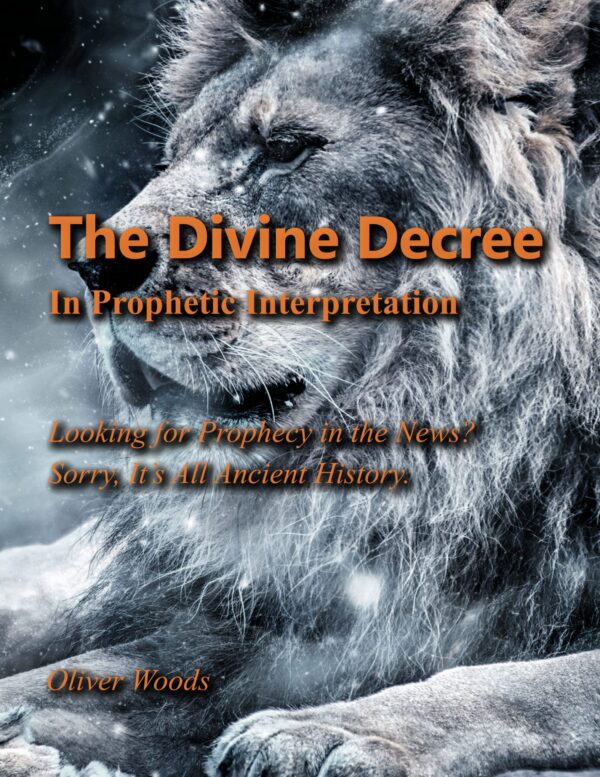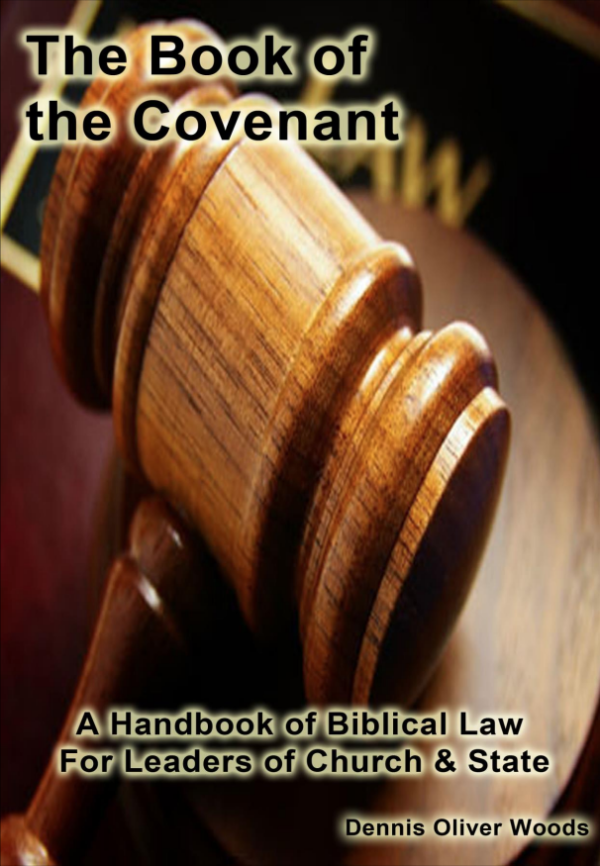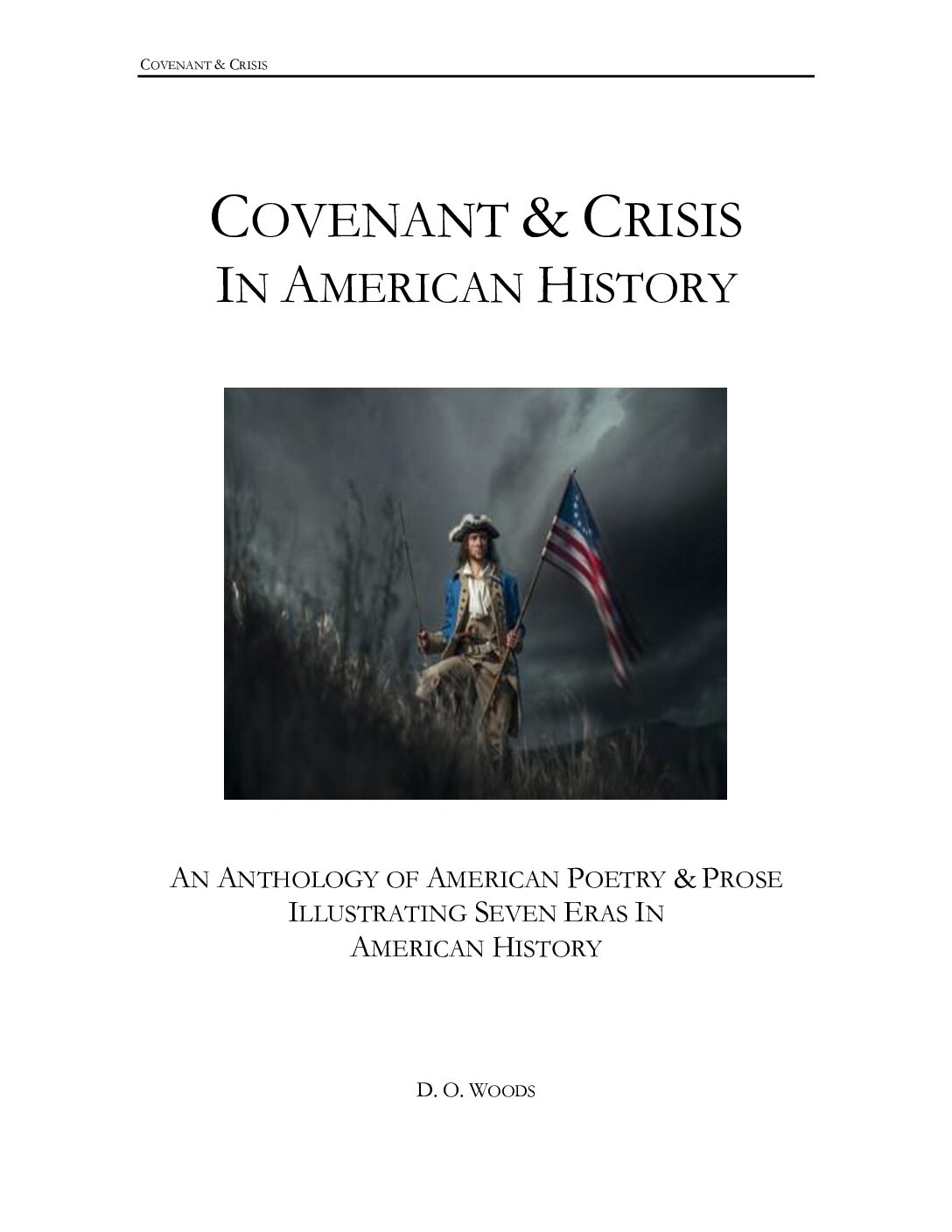
-
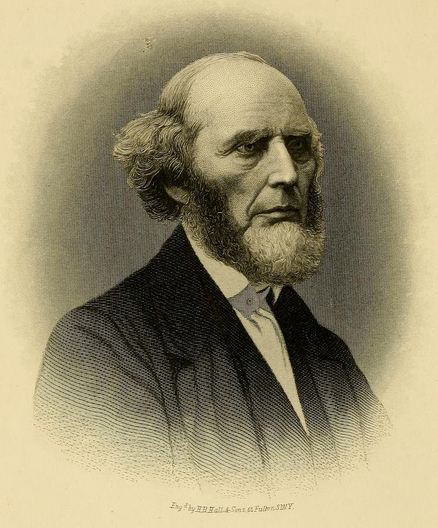
What Caused the New York Burned Over District?
ABSTRACT: Emotional crusade evangelism in the Burned Over District destroyed the American Dream by replacing New England’s original covenant to govern by God’s law, with an exclusively personal conversion. This led to single issue social crusades at the expense of cultural reformation. It created a spirit of ultraistic willingness to do battle with a multitude
-
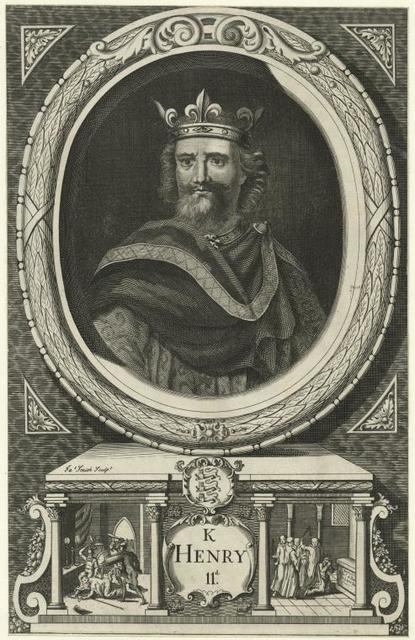
What is the significance of Henry II being called the Father of the English Common Law of Nations?
ABSTRACT: Most naive Christians believe that the Common Law of Nations is based on the Bible. But alas, it turns out this is a myth that leads to endless confusion about God’s requirement for a nation’s law code. As fate would have it, Henry II, the Father of the Common Law, had little interest in
-
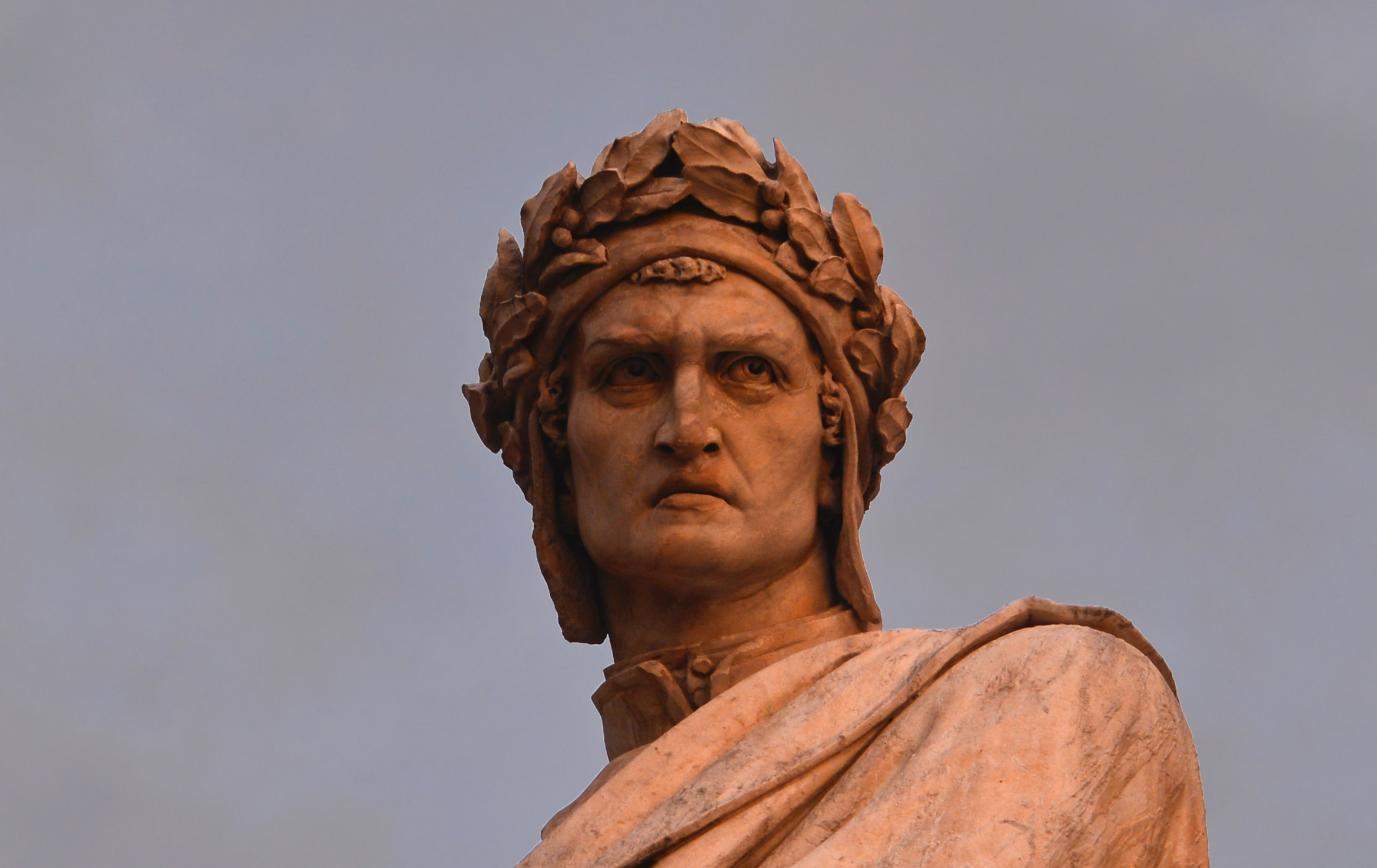
How Did Dante Alighieri Contribute to the Problem of the One and the Many?
ABSTRACT: The One and the Many is the ultimate philosophical problem addressed by Dante Alighieri in the Divine Comedy and his less well known, De Monarchia. The essential problem is how to balance the need for a unitary government (the one) to maintain order in society, with the need for its citizens (the many) to
-
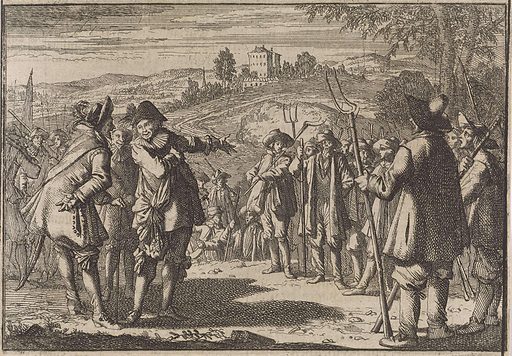
What Were the Differences Between the English Revolution and the Glorious Revolution?
ABSTRACT: Both the English Revolution and the Glorious Revolution opposed divine right of kings tyranny. They were fought against the 4 kings of the Stuart dynasty in the 17th Century. Taken together they are sometimes referred to as Phase I and Phase II of the English Revolution. James I had been tutored from boyhood by
-
What Were the Major Philosophical Ideas of the Renaissance?
ABSTRACT: The Renaissance was supposedly a return to a more enlightened age of Greek and Roman classical humanism following 1000 years of darkness in the Christian Middle Ages. The precursor is “The 12th Century Renaissance” that emerged from the Papal Revolution of 1075 to 1122. The ideas of the Renaissance were based on analysis of
-
How Did the Great Awakening Affect Social and Political Life in Colonial America?
ABSTRACT: The crusade evangelism of Jonathan Edwards was the prime mover in the 1st Great Awakening. His preaching focused on an emotional, personal relationship with God via salvation of the soul but virtually no effect on cultural institutions. In fact, his open-air meetings outside city limits tended to break down respect for local institutions and
-
What Were the Main Beliefs of the American Puritans?
ABSTRACT: This article explores a vital question related to American origins: “What Were the Main Beliefs of the American Puritans?” The answer will explain how The Shining City Set On a Hill Declined so quickly from its lofty goals by the second and third generations. And more importantly, how may we avoid such a fate
-
How Did Neoplatonism Influence St. Augustines Philosophy?
ABSTRACT: St. Augustine lived from 354 to 430 a. d. He died after the Sack of Rome in 410 a.d. and before the fall of the Roman empire in 476 a. d. He adopted Neo-Platonism in his defense of the faith, due to its similarities between God and the One, Jesus as the Neus, and
-
The Divine Decree by Oliver Woods
Original price was: $29.99.$17.99Current price is: $17.99. -
The Book of the Covenant by Oliver Woods
$23.99 -
Keys to the Classics – Chronicles by Oliver Woods
Original price was: $29.99.$19.99Current price is: $19.99. -
Covenant and Crisis in American History by Oliver Woods
$23.99 -
Christian Nationalism as Defined by God by Oliver Woods
$19.99

